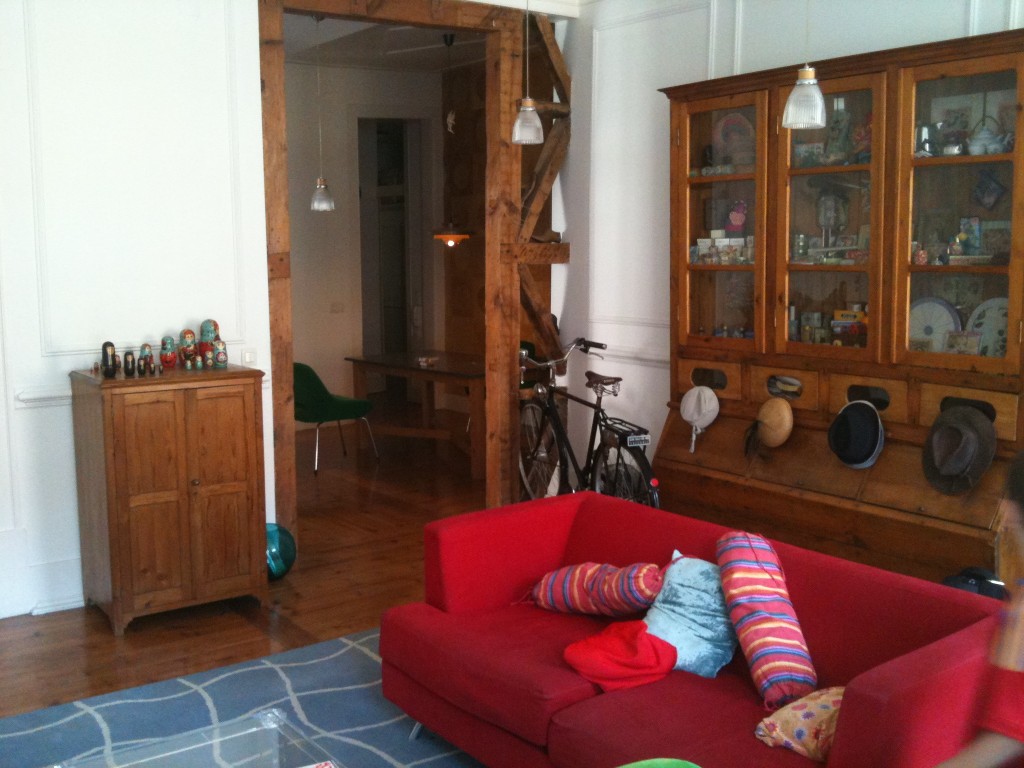Five thoughts on round-the-world money
Money, like religion, is a very personal issue; but we’ve spent a fair bit of time researching round the world travel, looking at how much we spend, reading about others’ experiences. Here are a few general thoughts we’ve drawn from all that.
1. Spend to your means

There are bragging points in some places for cheap travel, but realistically you can only go so far on proudly being cheap just for the sake of it. In our view its not about spending the minimum, it’s more about spending the maximum you can afford.
What’s important is making sure you have clarity on what you can afford to spend on things and on what you want to do on your trip. If you’ve planned and budgeted properly then the decision about whether to detour to see something, whether to splurge on dinner in the cute restaurant by the water, whether the kids need a day in a water park – all become simpler decisions.
If your approach is simply spend the least possible, you’ll inevitably start compromising on the fun and experiences that led you to take the trip in the first place.
2. Start with what you spend at home
The best starting point for what you’ll spend on the road is what you spend at home. The numbers won’t be the same on the road, but it will give you an indication of your priorities. And there’s no point of entirely losing sight of those priorities if you want to have fun while travelling.
A simple example for us is that we buy a lot of books at home and we made sure to budget to be able to continue to buy books while we travel.
3. Spend time to save money
Now we’ve avoided hostels so I don’t make any claim to be able to compare them. However it is clear to us that hotels are a bad thing financially. Renting apartments for a week at a time is directly cheaper on a per-night basis but it also flows through to additional cost savings.
In an apartment you can buy groceries which makes an enormous difference to your food budget (as well as how healthily you eat). It even helps the entertainment budget – there’s only so much time you can spend cooped up in a hotel room with two kids, which means you tend to end up doing something just to get out. Having an apartment means you have somewhere to spread out and avoid going stir crazy.
Spending a week or two in one place also means you pace out how often you move. Travelling between places really eats into the budget. So if you don’t move too often that saves a lot of money.
4. Keep track
As we travel with technology, we use our iphones and computers to track how much we spend. We could use pen and paper with only slightly less success. The important thing is to be clear where your budget stands. If you don’t track properly you tend to end up focussing on the immediate couple of days or weeks and lose sight of all that money you saved last week.
There will inevitably be peaks and troughs in your spending. We’ve found our worst months have been when we’ve booked a lot of trains and apartments. The train fares and the deposits have chewed up the budget and made that month appear awful. But over a couple of months it’s averaged out exactly to where we’ve expected to be.
5. Plan your banking
You really don’t want to find yourself at the mercy of your local bank and variable exchange rates as you travel. We set up overseas bank accounts before we left and avoided daily exchange rate fluctuations by transferring money over time.
We used HSBC to set up the accounts. That was good because we ended up with the accounts we needed. However, if you could find any alternative institution I’d recommend using them. Our experience of HSBC’s customer service has been abysmal. We cannot give them a poor enough recommendation. In fact, when our family has a bad experience, a tough day or a poor meal, we now say “That was an HSBC experience.”
In spite of the difficulties we had in setting things up, the basic principle holds good. Having already got accounts in Euros, while in Europe for example, avoids the ruinous exchange rates and fees charged by banks and credit card companies for exchanging money on the go.
Ultimately, there are as many approaches to round-the-world travel as there are ways of living at home. No two families will have the same priorities or approach. In that light, five thoughts that might have more general application is as far as we can go on a balmy evening in southern France.